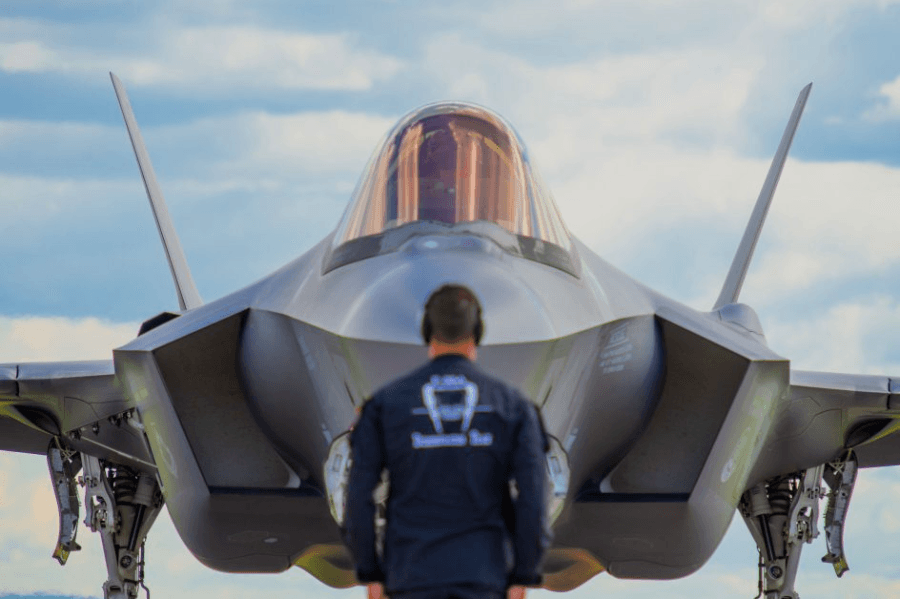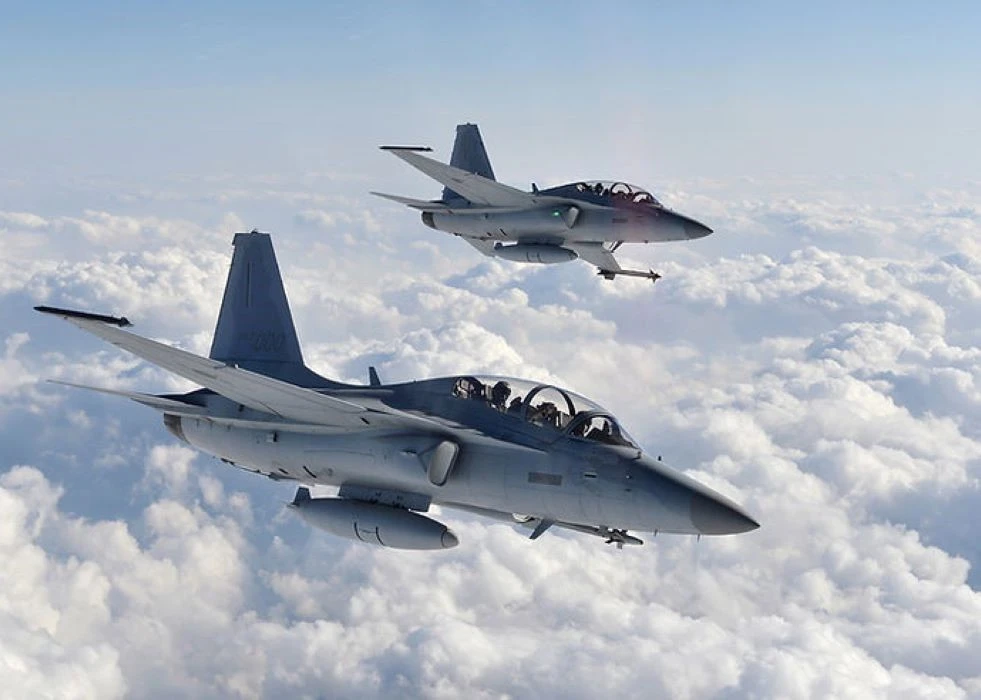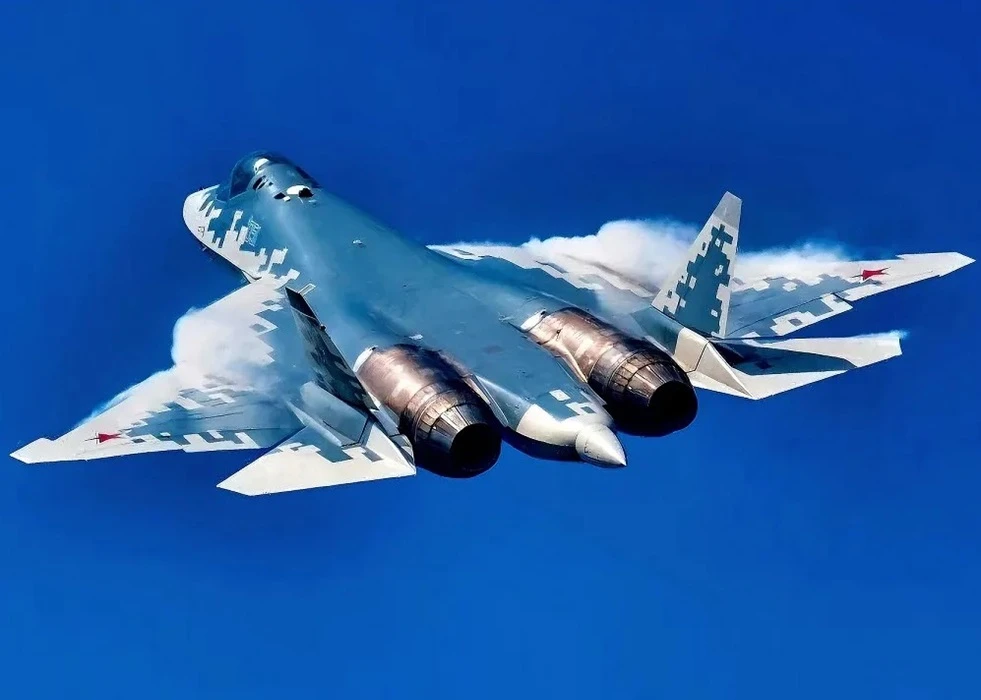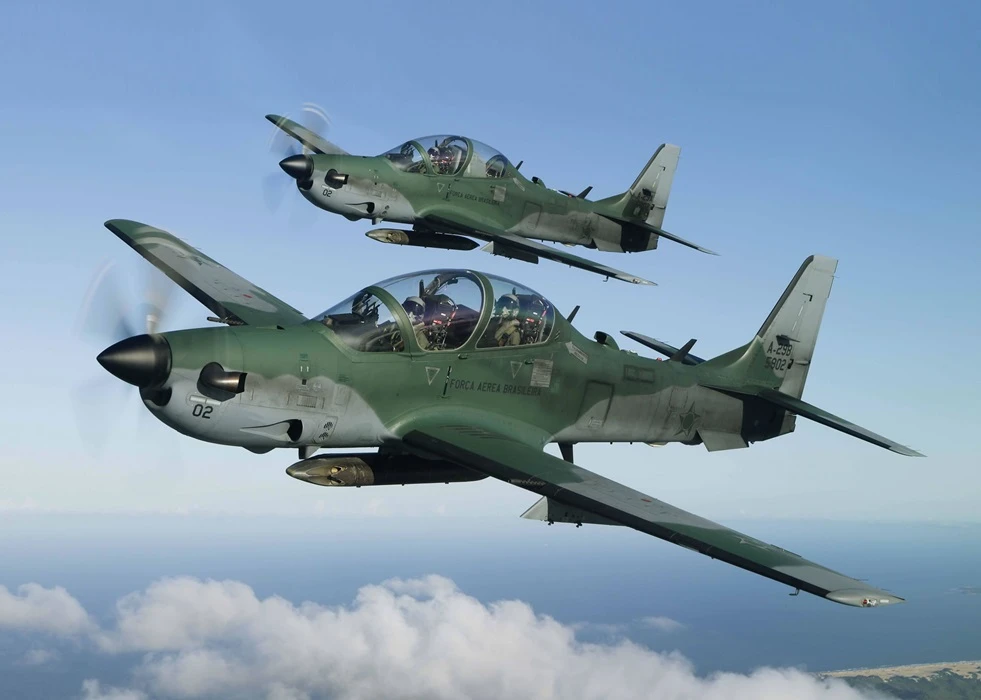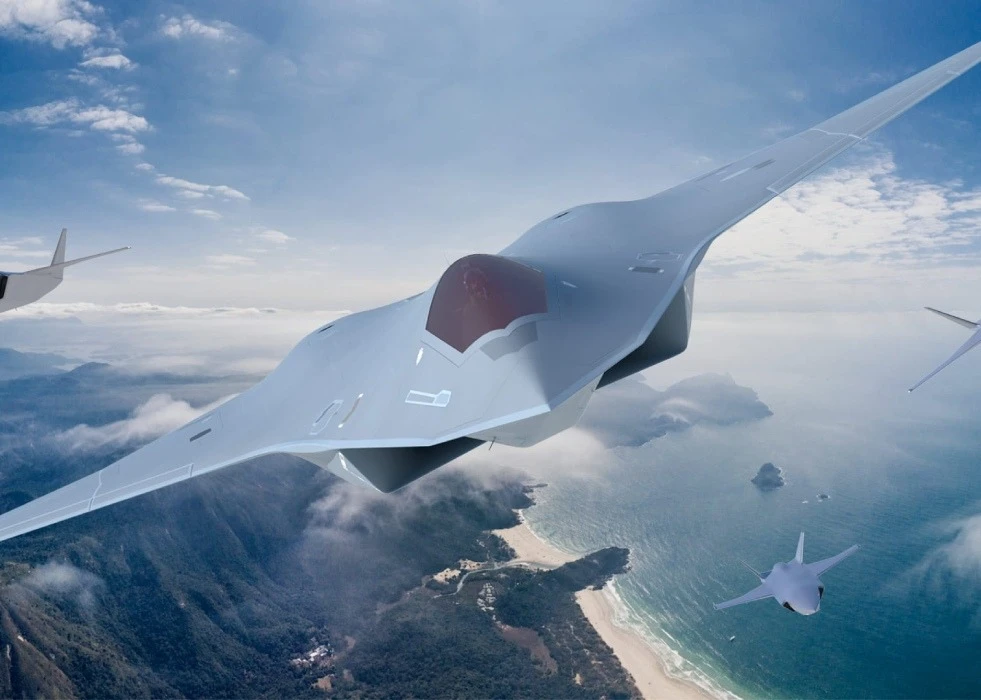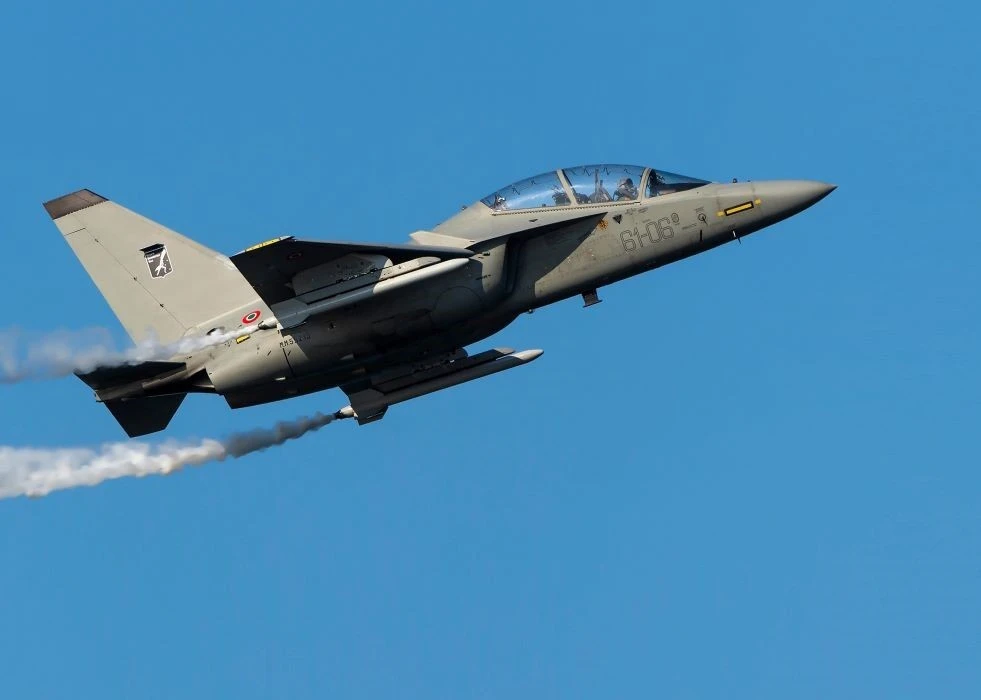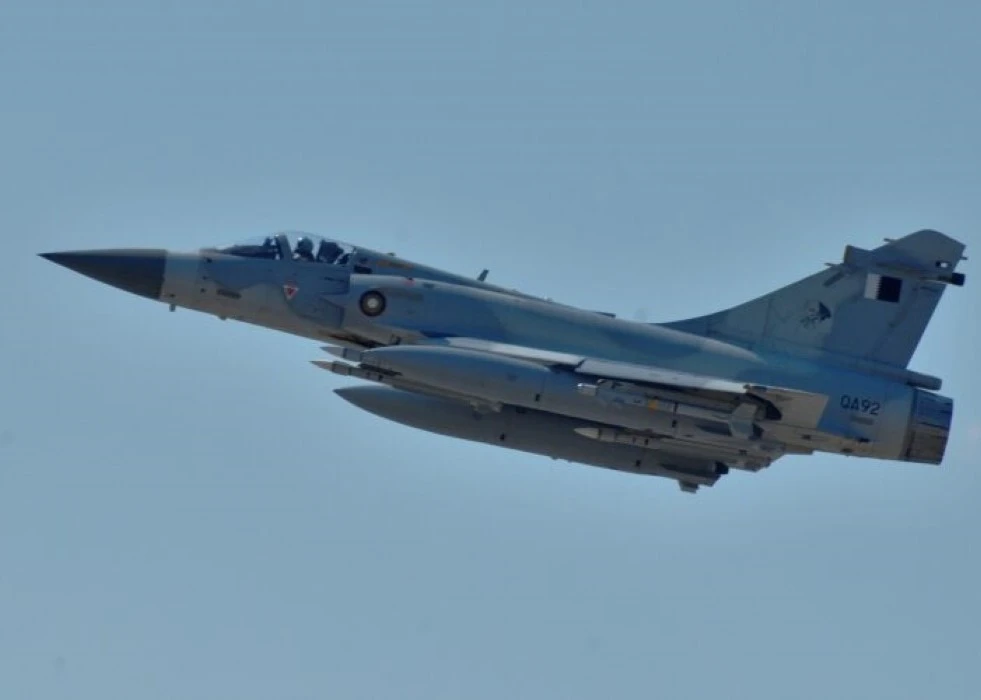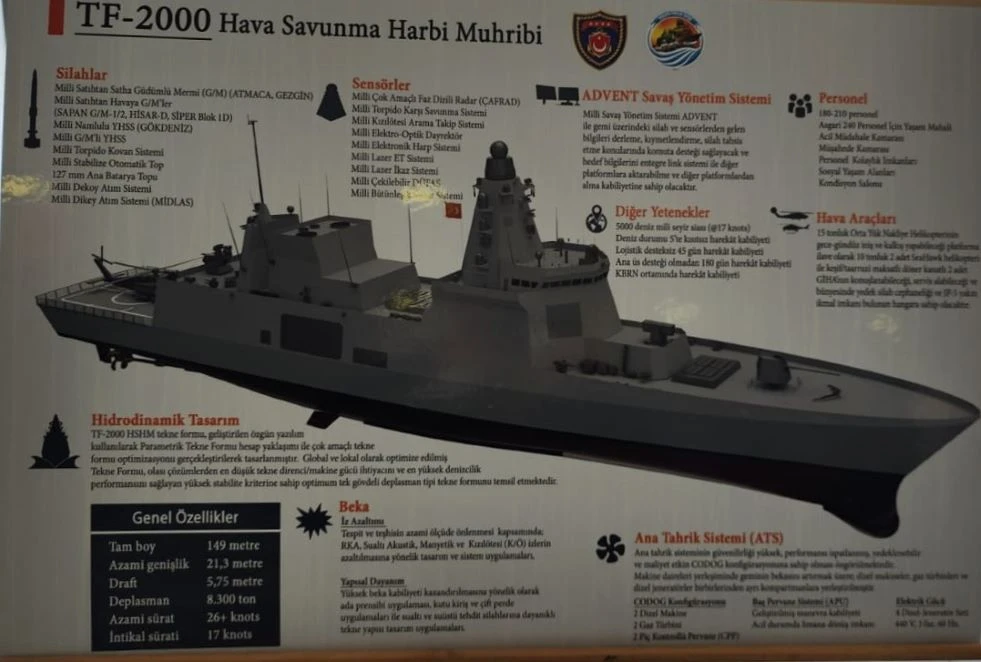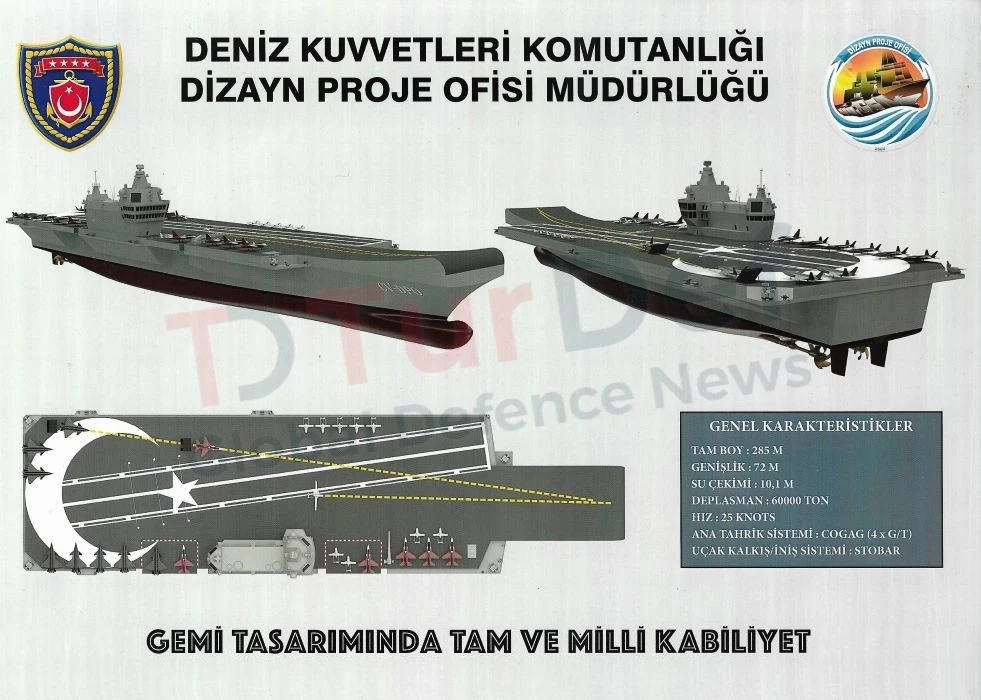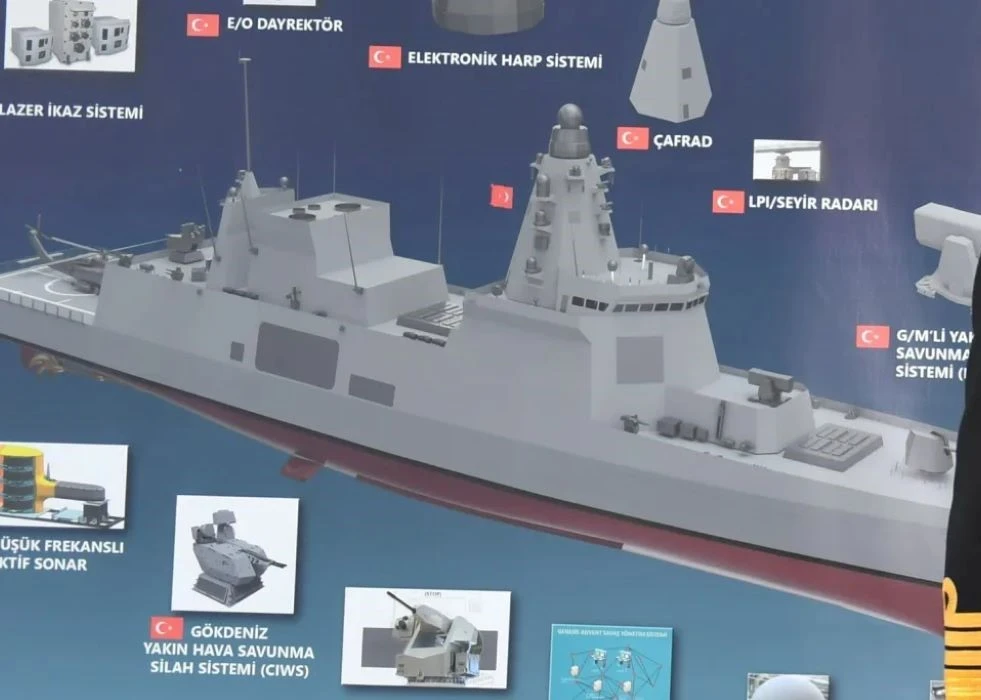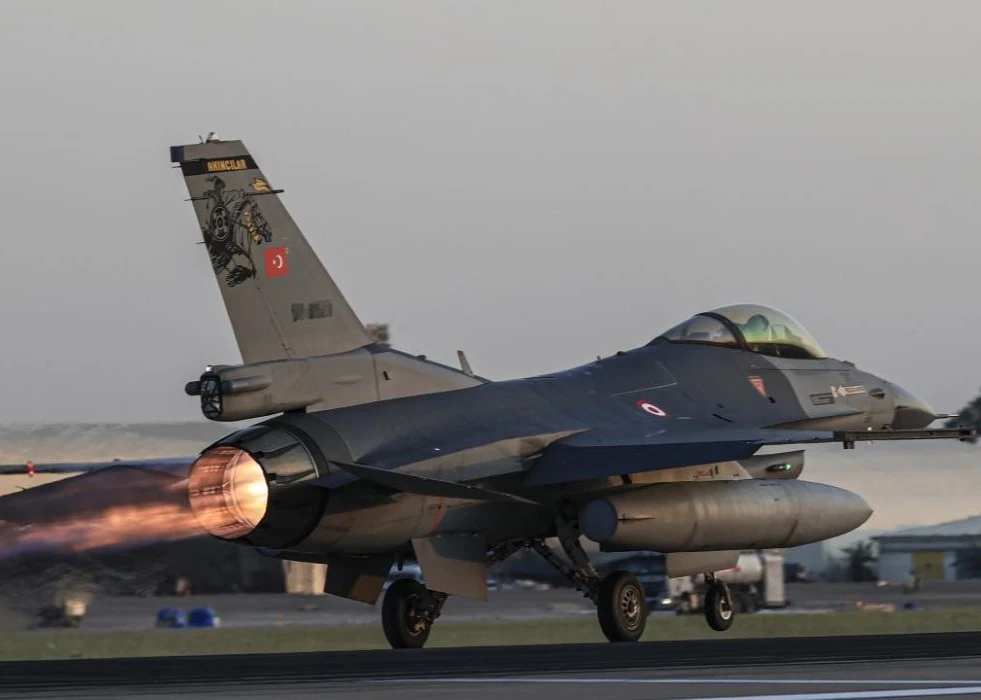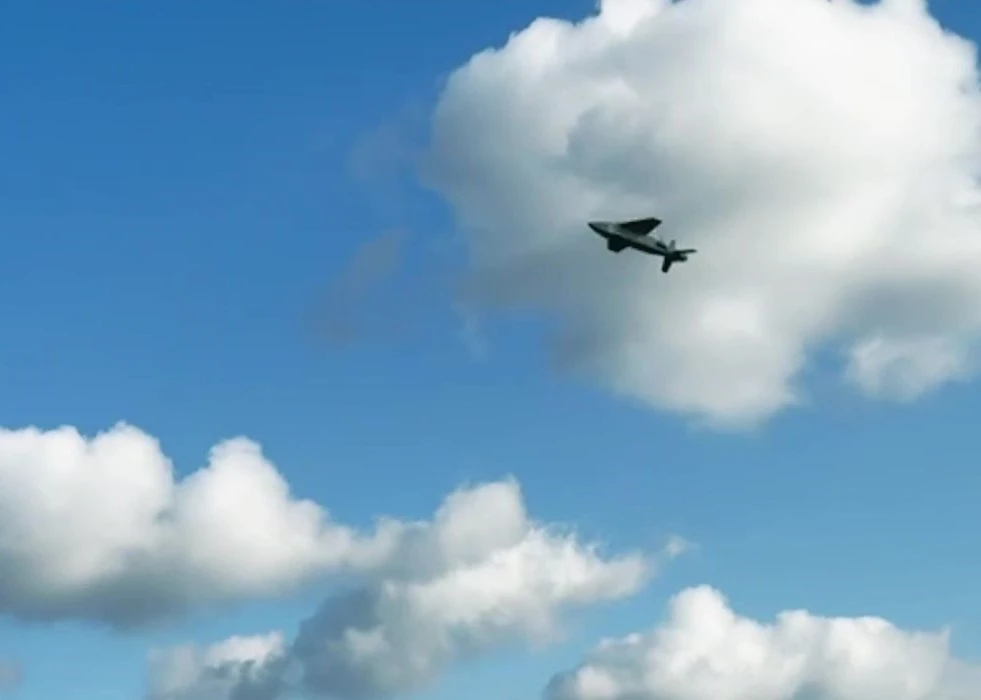The U.S. Government Accountability Office (GAO) examined the cost of the JSF program. The office claims that removing Turkey and establishing alternative suppliers will cost $108 million.
GOA has submitted a report to The U.S. Congress on March 18th and made it public. According to the report, “DOD Needs to Update Modernization Schedule and Improve Data on Software Development.”
The report claims that the F-35 program’s schedule for its hardware and software modernization effort, known as “Block 4,” is not realistic. “The DOD routinely underestimated the amount of work needed to develop “Block 4” capabilities, resulting in additional schedule delays,” the report says.
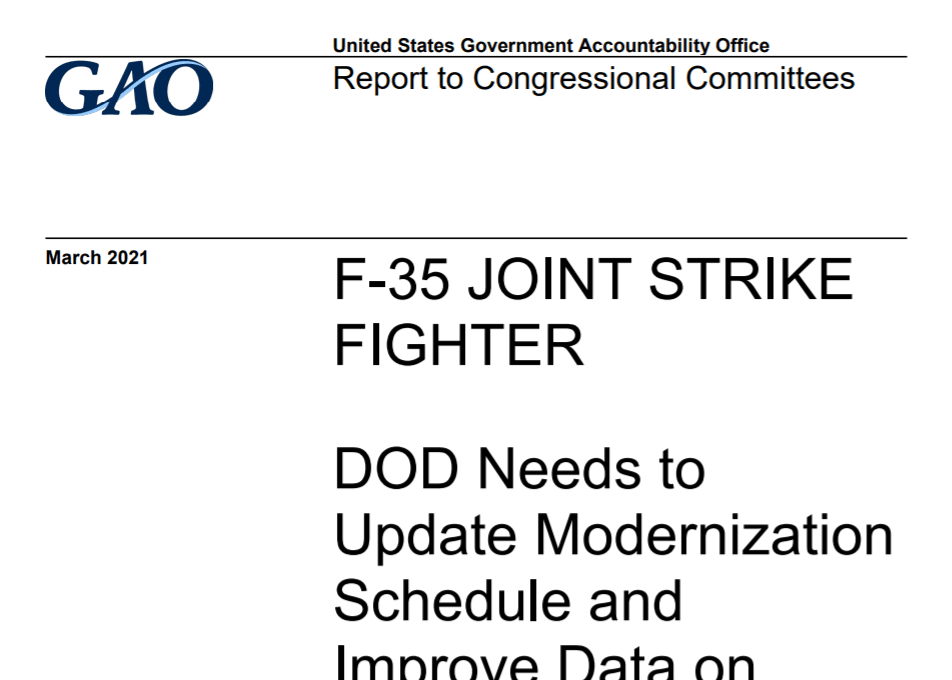
The 67-page long report states Turkey’s position on the program. The report says, “DOD leads the F-35 program, but the program also involves several allied partner countries. In July 2019, DOD decided to remove Turkey from the development program due to its government’s decision to procure Russian-made radar systems. Consequently, the F-35 program office and the prime contractors have identified and are contracting with alternative suppliers to produce the 1,005 parts that are currently made in Turkey.”
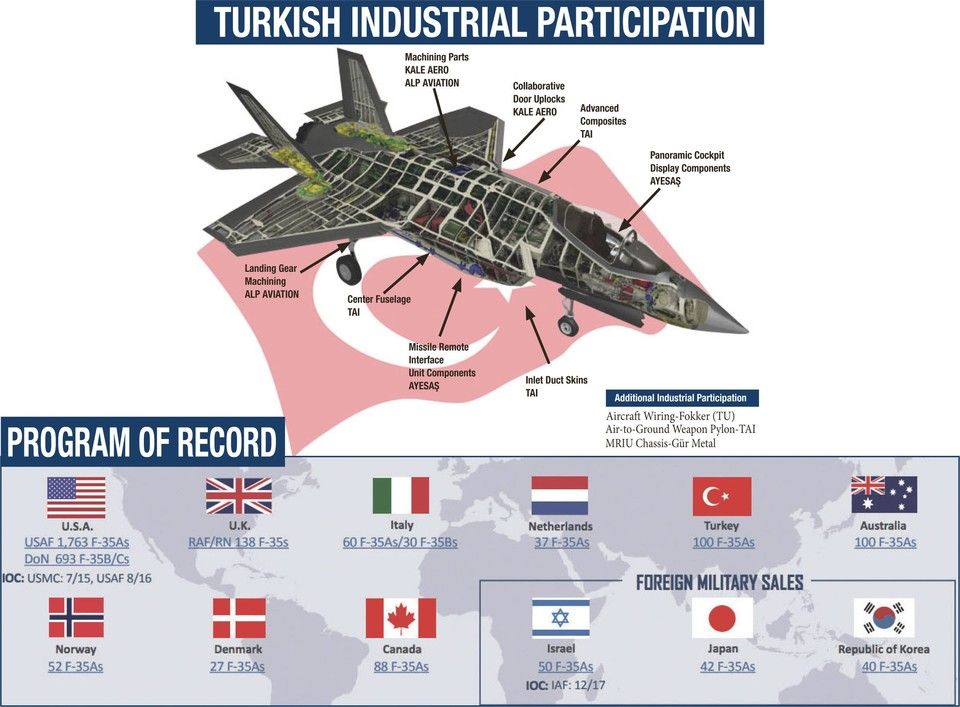
The report examines the efforts to remove Turkey from the programme;
“The Under Secretary of Defence for Acquisition and Sustainment directed that the F-35 program establish alternative sources and stop placing orders with Turkish suppliers March 2020. We reported in May 2020 that Turkey’s removal from the F-35 program was likely to compound existing supply chain issues. To mitigate those concerns, the Under Secretary of Defence for Acquisition and Sustainment stated the F-35 program is authorized to continue accepting delivery of parts from Turkish suppliers through the end of lot 14 deliveries (scheduled to take place through 2022). As of December 2020, the program had identified alternative suppliers for all 1,005 parts. Furthermore, program officials stated that 95 per cent of aircraft and 76 per cent of propulsion parts are qualified from the new sources, and the rest are at various stages of the qualification process. The program estimates it will cost $108 million to establish alternative suppliers but has not negotiated these costs with them, and therefore does not yet know what the cost impact will be for the parts being produced.”


